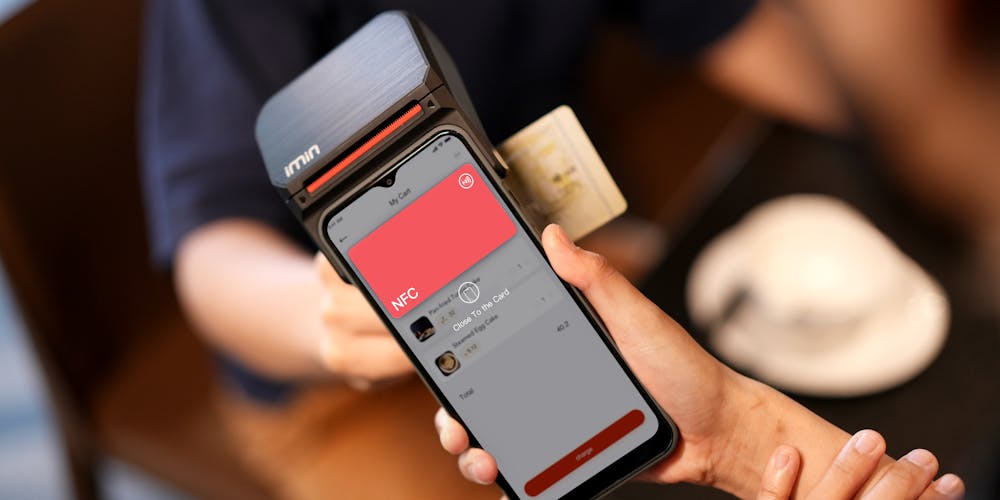Monzo, the pioneering digital bank, has taken significant steps to combat the rise of fraudulent payments with the introduction of three new security features. The wave of cybercrime, including tactics such as phone theft, shoulder surfing, and impersonation scams, necessitated these proactive measures. These new options—Known Locations, Trusted Contacts, and Secret QR Codes—are optional enhancements that customers can configure according to their specific needs. To leverage the new security provisions, Monzo users will be required to activate at least two of the three controls and set the respective thresholds that activate these protocols for bank transfers or instant access savings withdrawals. In doing so, the digital bank aims to provide a more robust defense mechanism tailored to the increasingly sophisticated fraud tactics it aims to thwart.
Customized Security Options with Known Locations
The Known Locations feature presents an innovative way for users to add an extra layer of security by specifying trusted physical locations such as their home or workplace. Transactions beyond a set financial limit will only be authorized if initiated from these predefined places. This measure ensures that any attempt to execute high-value transactions outside the user’s known safe zones will be blocked. For instance, if a significant transaction is performed from a location far from home or work, it will be flagged and prevented. This is particularly beneficial in safeguarding against unauthorized activities when users are away from their usual environments or during travel, making it significantly harder for fraudsters to operate effectively.
Strengthening Verifications with Trusted Contacts
Trusted Contacts, another of Monzo’s innovative new fraud control features, offers customers the additional security of involving a secondary verifier in their transaction processes. This second line of defense allows users to select a trusted friend or family member—who must also be a Monzo customer—to help verify the legitimacy of a transaction before it is executed. Should a suspicious transaction arise, the Trusted Contact can step in and provide an additional layer of scrutiny, essentially acting as a security checkpoint before the transaction is approved. This collaborative approach not only helps in identifying and stopping fraudulent activities but also adds a personal touch to the verification process, making it more challenging for crimes such as impersonation and social engineering to succeed.
The benefits of Trusted Contacts are multifaceted. By making use of a user’s personal network for transaction verification, Monzo effectively crowdsources security. This community-centric security layer makes it considerably tougher for fraudsters to execute their plans without encountering roadblocks. Additionally, the involvement of another person in high-stakes transactions ensures that users have a moment of deliberation, reducing the likelihood of impulse decisions that could lead to financial loss. When combined with the Known Locations feature, Trusted Contacts provides a formidable barrier against unauthorized access and fraudulent transactions, demonstrating Monzo’s commitment to leveraging social connections for enhanced security.
Introducing Secret QR Codes for Dual-Device Authorization
The Secret QR Codes feature brings a new dimension of security by requiring dual-device authentication for transactions that surpass preset limits. These QR codes can be generated and stored on a secondary device, providing an additional layer of security by ensuring that payments or withdrawals over a certain threshold cannot be authorized using just one device. This two-factor authentication approach is designed to make it extraordinarily difficult for fraudsters to finalize unauthorized transactions, as they would need access to both the customer’s phone and the secondary device holding the QR code. The additional layer of security makes it almost impossible for cybercriminals to perpetuate their fraudulent schemes.
Priyesh Patel, a senior staff engineer at Monzo, emphasized the bank’s ongoing commitment to outsmarting increasingly ingenious fraud tactics by highlighting these new features. Patel noted that these controls offer customers a needed pause and additional security measures during high-stakes financial decisions. This strategic initiative aims to ensure that Monzo’s users remain protected at all times, mitigating the risks associated with high-value transactions and preventing unauthorized withdrawals from their accounts. Secret QR Codes reflect the broader push within the fintech industry to incorporate more sophisticated safety measures, ensuring clients’ assets remain protected against the backdrop of ever-evolving cyber threats.
Success of Earlier Security Measures and Future Implications
Trusted Contacts, one of Monzo’s innovative fraud control features, adds an extra layer of security by involving a secondary verifier in transaction processes. This second line of defense allows users to select a trusted friend or family member—who must also be a Monzo customer—to help validate the legitimacy of a transaction before it proceeds. In cases of suspicious activity, the Trusted Contact can provide additional scrutiny, acting as a security checkpoint before the transaction is approved. This collaborative approach helps identify and prevent fraud, adding a personalized verification step that complicates impersonation and social engineering crimes.
The benefits of Trusted Contacts are varied. By leveraging a user’s personal network for transaction verification, Monzo effectively crowdsources security. This community-based layer significantly hinders fraudsters from successfully executing their plans. Furthermore, having another person involved in significant transactions ensures that users have a moment of deliberation, reducing impulsive decisions that could lead to financial loss. When combined with the Known Locations feature, Trusted Contacts create a formidable defense against unauthorized access and fraudulent activities, highlighting Monzo’s dedication to using social connections for enhanced security.

